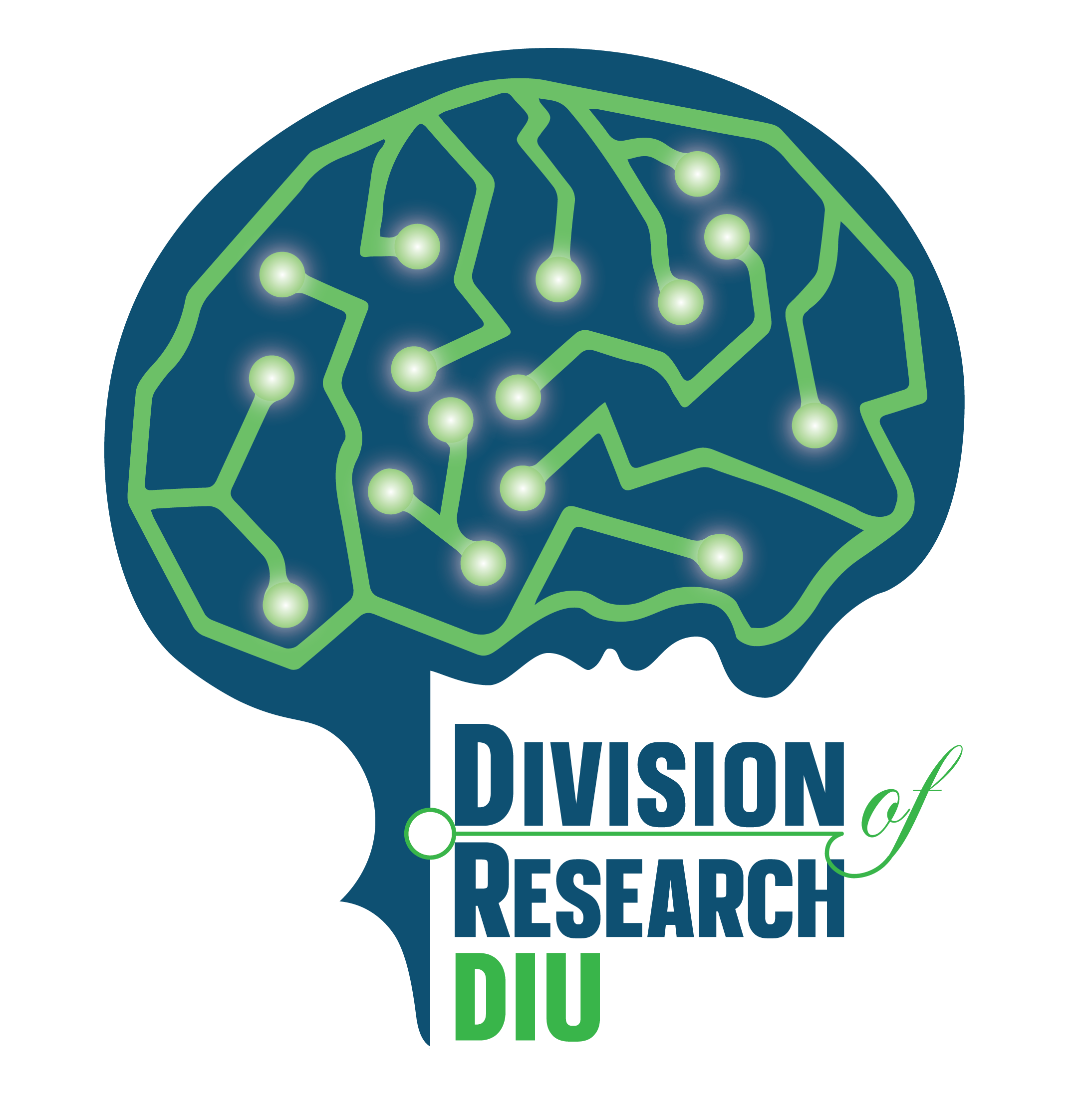Pediatrics and children have higher radiosensitivity to ionizing radiation and radiogenic risks than adults due to their rapidly dividing tissues. This study explores the infant and children radiation doses during computed tomography (CT) abdomen and estimates the cancer risk from the procedure. In total, 87 were examined for CT enhanced abdominal examination. The abdominal CT scan with contrast was performed using a 128-slice multi slice CT (MSCT) scan. The mean, standard deviation, and range of patients' age (years) are 13 ± 4.5 (2–17). The mean and range of the air kerma length product (PKL(mGy.cm)) and volume CT air kerma index (Cvol (mGy)) were 1740 (157.8–8440.3) (mGy.cm) and 9.8 (2.09–45.77) (mGy) per CT abdomen procedure, respectively. The mean and range of the effective dose (mSv) per procedure are 34 (3.14–176.8). The average radiogenic risk per CT procedure is one cancer incidence per 250 CT enhanced abdomen procedures. The mean and range of total irradiation even are 4.0 (2.0–8.0) times per procedure. The results of this study showed that child risk is high compared to other CT examinations. Therefore, patients’ dose optimization and proper establishment of a diagnostic reference level (DRL) are necessary to preventing avoidable radiation risks.

